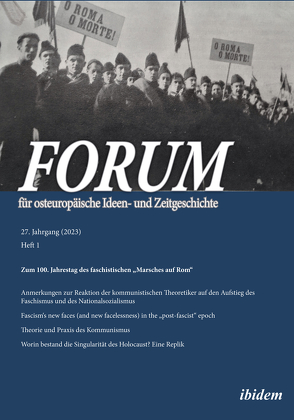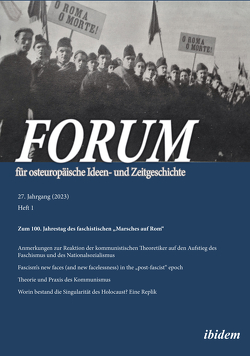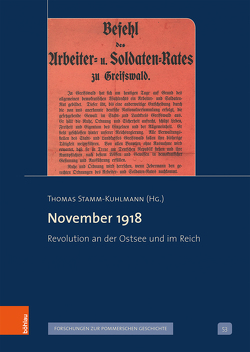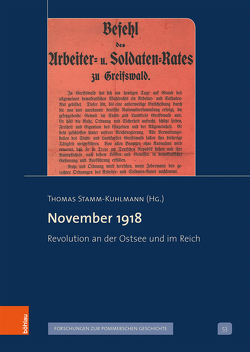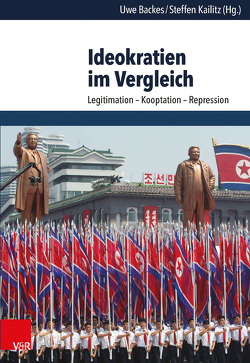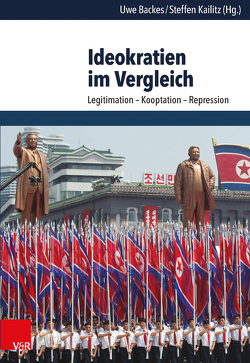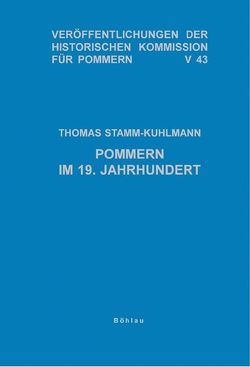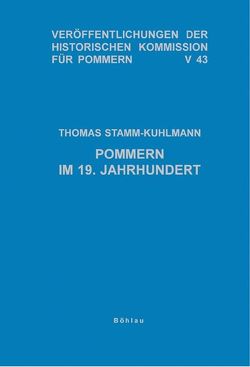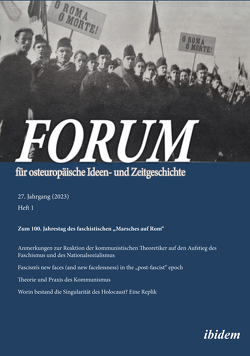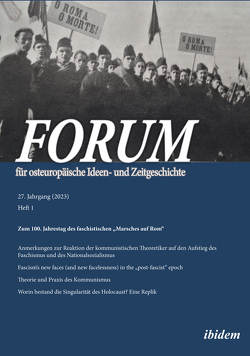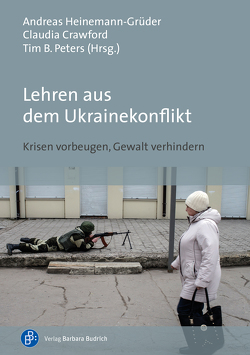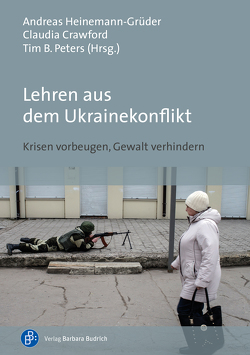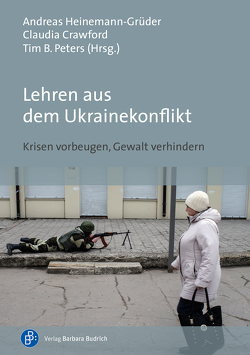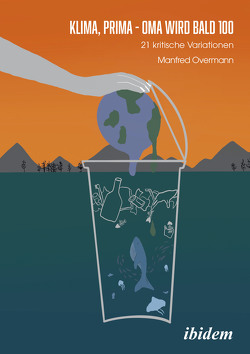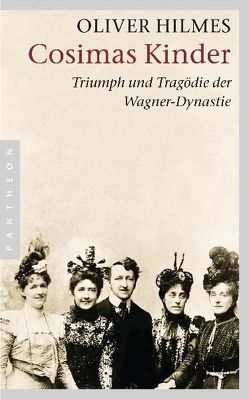Forum für osteuropäische Ideen- und Zeitgeschichte
27. Jahrgang, Heft 1 (2023)
Gunter Dehnert, Roger Griffin, Hubert Kiesewetter, Nikolaus Lobkowicz, Leonid Luks, Sebastian Prinz, Alexei Rybakow, Martina Tsoi, Andreas Umland
The totalitarian movements represented by the PNF and the NSDAP and the totalitarian regimes that they underpinned became the role model for all revolutionary nationalists in the inter-war period and synonymous with totalitarian, mass-based revolutionary nationalism itself. This became known as ‘fascism’ after the first such movement to achieve power, namely Mussolini’s fascismo. However, it was only in Italy and Germany that the structural crisis of liberal society was profound enough to generate a genuinely charismatic form of populist politics, one which was not confined to the hard core of movement activists, but involved the particular type of consensus generated by a ‘palingenetic political community’, thereby creating the basis for a fascist regime.
(Aus dem Beitrag von Roger Griffin)
